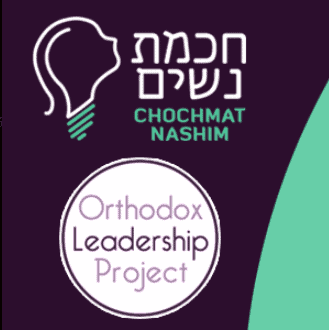Hodge-podge. That precise, academic term is the first that used to come to my mind when thinking of the Book of Deuteronomy. And it didn’t bother me that this was so; in fact, it seemed most fitting. After all, this was Moses’s goodbye speech to the people to whom he had been utterly devoted for the last 40 years. Of course, it’s a jumble of reminiscences of their most memorable times, veiled reprimands, concerned cautions not to fall prey to the idol worship of their soon-to-be-neighbors, and insistent reminders to punctiliously observe the divine commandments that he had bequeathed to them — just as a parent’s last goodbye as they drop their child off at college is often a hodge-podge of recollections of fond memories, advice and admonishments about everything ranging from laundry to finances, cautions against the influences of the campus culture, and pleas to maintain committed to the values they’ve imparted the last 20 years, all in no particular order.
However, years ago, a teacher (I wish I could remember who so I could give him or her credit) recommended an awesome exercise: to read through an entire book of the Torah cover-to-cover, in one sitting. I did so with the Book of Deuteronomy and was stunned by what jumped out from the pages. This seeming hodge-podge of a book is actually all about one singular event! And that event doesn’t even seem all that significant in the grand scheme of Jewish history; I would venture to guess it wouldn’t make it on anyone’s Top Ten list of the Jewish People’s Greatest Moments. That event is the covenant of Mounts Gerizim and Ebal that God commands the Jewish people to enact there, upon entry to the Promised Land.
